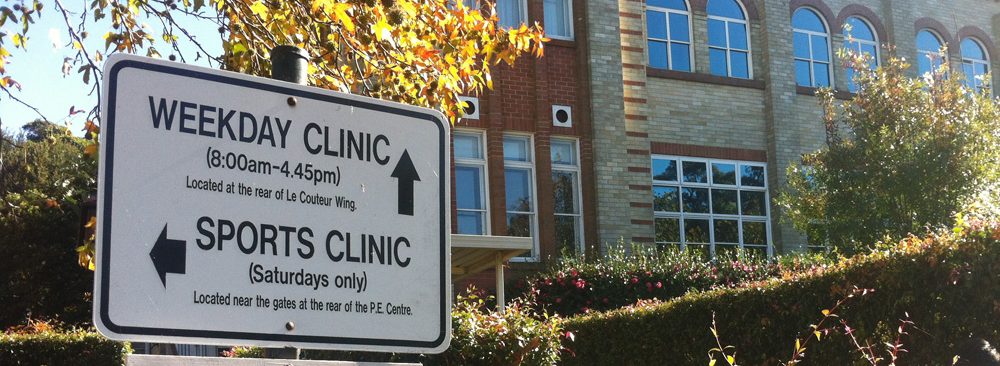Psychology takes a positive spin
It might be unusual to start a lecture on Positive Psychology with a lot of negatives. The fact that 20 years ago the average age for onset of depression was 28 years, but today is it 14.5 years – and that we appear to be in a worldwide epidemic of mental health issues concerning young people.
However, the most recent Newington College Centre for Ethics speaker, Associate Professor Lea Waters, very quickly moved us to question that, given these statistics, why do we wait until something goes wrong before considering mental health resilience in young people? Shouldn’t we be acting in a preventative way, offering “psychological immunisation” in much the same way we do against infectious diseases in children? Or what she calls “front loading—teaching kids what it means to have a psychological tool kit”.
Professor Waters is an academic and a registered psychologist with a PhD in Organisational Psychology. The Director of the Masters in School Leadership at the Melbourne Graduate School of Education, University of Melbourne, she is also an expert in the area of Positive Psychology.
To immediately take us to the positives, Professor Waters asked us to consider, “What are the factors that predict well being?” and “Is it enough to just hope to take away negative states once they occur, such as anxiety, insecurity and addiction? How do we promote positive states such as optimism, empathy, courage and gratitude?”
The very good news is, that she identified these positives as very teachable, because they are attitudes and skills.
Professor Waters studies the positive processes that can be used during negative and challenging times and how these can be built up in times that are positive – so that we have “positive reserves.” Similarly she also studies the work done in Post Traumatic Growth. “Why do some individuals grow as the result of adversity?”, she asked. “What can we learn from these people to better equip others in physically and psychologically demanding times?”
Professor Waters was not suggesting that being, “falsely optimistic or Pollyanna-ish” is the solution. Negative bias* is something we are hard-wired for, and it happens at the subconscious level. But if we can draw on the positives in another area, to deal with the negative experiences, we begin to build a positive bank account of coping strategies that potentially have a lot of potency.
Apart from the fascinating science in the field of positive psychology Professor Waters also shared examples of the ways in which Positive Psychology is being used in schools to promote the wellbeing and academic performance of students. Newington is now preparing to introduce explicit Positive Psychology programs for our boys.
Once again the Newington Centre for Ethics Lecture challenged the status quo and gave us a time to pause and consider what we accept or question in our attitudes and behaviours – and this time the take home pack was full of positives.
*Negative Bias is the instinctive behaviour of paying more attention to negatives rather than positives, for example, a student focusing only on one low grade in amongst several other excellent grades.












































